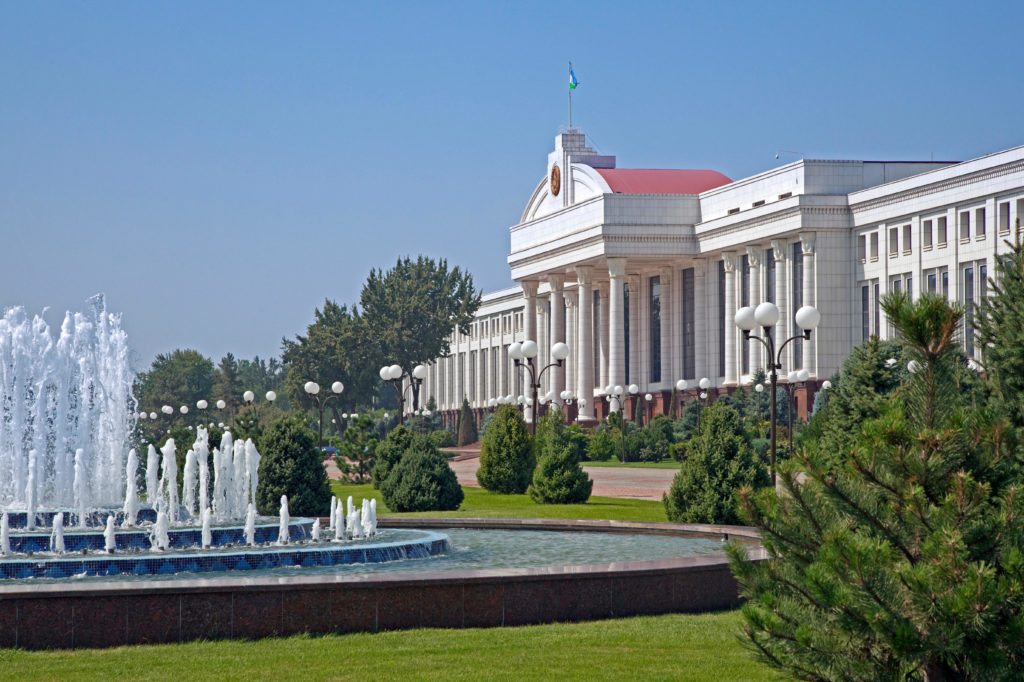TASHKENT
Uzbekistan plans to continue taking drastic action to eradicate corruption in state and public bodies after charging hundreds of officials, whose actions cost the state budget more than $42 million.
For the Central Asian nation of 34 million, corruption remains a deeply rooted problem. Uzbekistan ranked 146 out of 180 countries and territories in the 2020 Corruption Perceptions Index (CPI) by Transparency International, well below its neighbour and closes trade partner Kazakhstan, which ranked 94.
Last year, Uzbekistan created an agency to combat corruption and announced it would pay its citizens between $65 and $544 in reward money if they report corruption offences.
Earlier this year, the country’s President Shavkat Mirziyoyev initiated measures including banning state employees from owning assets abroad, making their income and property declarations compulsory and restricting people who have been convicted of graft from holding positions in public organisations.
In his interview to the government newspaper Yangi Uzbekistan (New Uzbekistan), Mirziyoyev said that 1,696 criminal cases were initiated against officials on corruption charges since the beginning of the year.
Last year 1,723 officials of various levels were prosecuted for corruption crimes, he said. Their criminal actions cost the state budget almost $47 million.
In June, the Justice Ministry published a new draft presidential decree for public discussion proposing creating an open electronic register of persons convicted on corruption charges and introducing a system of compulsory declaration of income and property for civil servants and their family members from January 1, 2022.
The draft document suggested creating an environment in which corruption is no longer tolerated in society, drastically reducing opportunities for corruption in state and public administration and increasing public participation in fighting against graft.
The anti-corruption measures are the latest step by Uzbekistan’s government to reform its economy and attract foreign investors after decades of economic isolation. Since long-term leader Islam Karimov’s death in 2016, his successor Mirziyoyev has pushed through an ambitious reform plan, centred around creating an environment that attracts foreign investors.
President also mentioned important reforms carried out in recent years, including eliminating forced labour in cotton fields, scrapping the state order for cotton and grain, abolishing exit visas for citizens and simplifying the citizens’ registration system.

